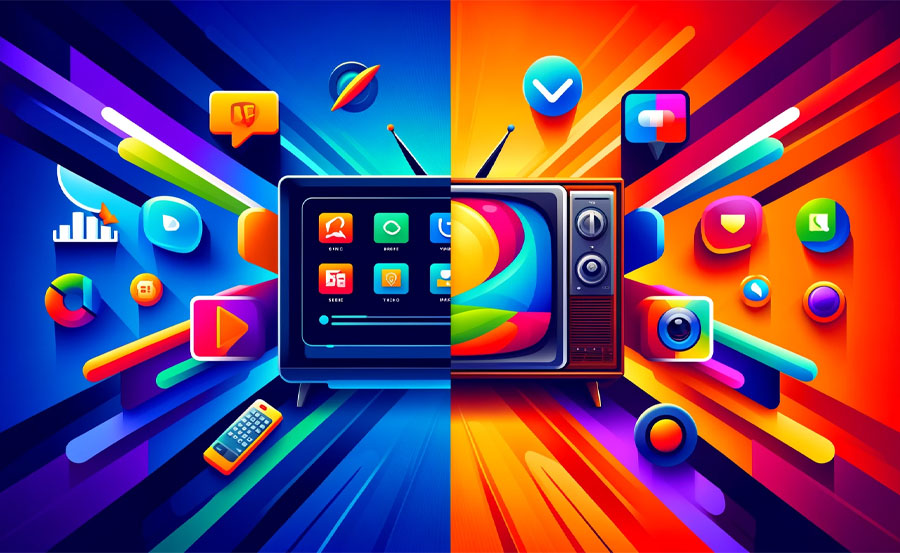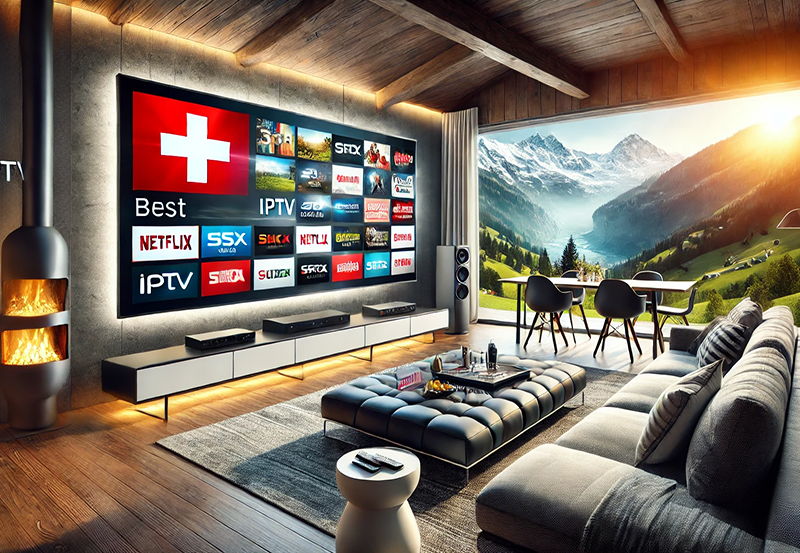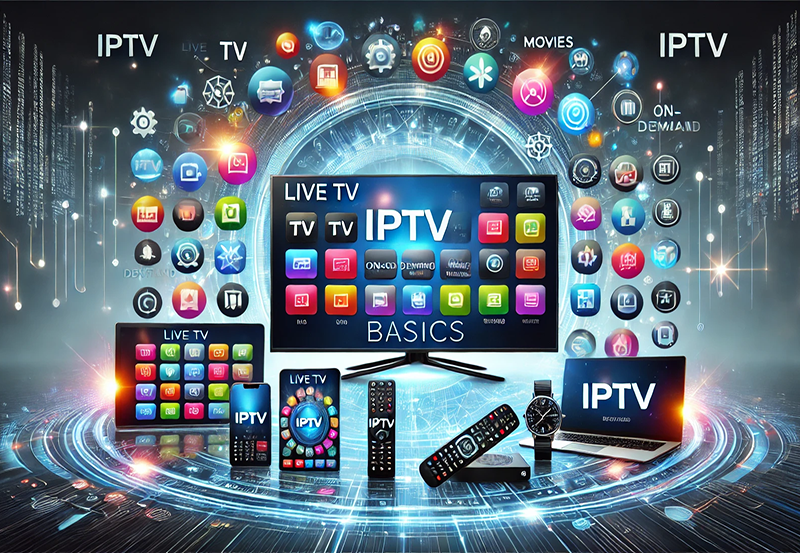The world of entertainment has experienced numerous shifts over the decades, but few have been as transformative as the rise of Internet Protocol Television (IPTV). With the ability to stream content over the internet, IPTV has disrupted traditional broadcasting models and promises a more flexible, personalized viewing experience. But the question remains: is IPTV truly a revolutionary step forward in entertainment, or is it just another passing trend in a highly competitive industry?
Buy 1 Year IPTV Subscription Now
What Makes IPTV Different?
IPTV’s primary distinction lies in its delivery method. Unlike traditional satellite or cable television, which rely on physical infrastructure like cables and dishes, IPTV uses the internet to transmit content. This allows users to access live TV, on-demand shows, and recorded content through various internet-enabled devices such as smart TVs, smartphones, tablets, and even gaming consoles.
The advantage of IPTV’s delivery system is clear: it provides a more convenient, flexible, and user-centric experience. Viewers are no longer bound by rigid broadcasting schedules or the limitations of traditional TV setups. With IPTV, content is accessible anytime, anywhere.
Key Features of IPTV
- On-Demand Content: One of the most appealing aspects of IPTV is its vast library of on-demand content. From popular TV shows to niche movies, users can choose what they want to watch, when they want to watch it.
- Live TV and Events: IPTV also offers live streaming of TV channels and special events like sports matches, concerts, and news broadcasts. This ensures that users don’t miss out on real-time happenings while still enjoying the benefits of on-demand viewing.
- Interactivity: Many IPTV services offer interactive features such as pause, rewind, and fast-forward during live broadcasts, giving users unprecedented control over their viewing experience.
- Multi-Device Support: Whether you’re watching on a smartphone during a commute or a big screen TV at home, IPTV services are designed to adapt to various devices, offering seamless viewing across platforms.
Is IPTV Here to Stay?
One of the reasons some may dismiss IPTV as a fad is the fierce competition it faces from other streaming services like Netflix, Amazon Prime, and Hulu. These platforms have already established themselves as giants in the entertainment industry, and their subscription-based models offer vast libraries of on-demand content without the need for live TV features.
However, what sets IPTV apart is its ability to integrate live TV with on-demand content, offering the best of both worlds. In regions where cable and satellite TV infrastructure is limited, IPTV has quickly become the go-to solution for households looking to access a wide range of channels without the high costs associated with traditional IPTV providers.
Moreover, IPTV’s adoption in business environments, hotels, and even education sectors for digital signage and broadcasting adds to its long-term viability.
The Challenges Ahead
Despite its many advantages, IPTV faces some significant challenges. High-speed internet is crucial for uninterrupted streaming, and in regions where broadband infrastructure is lacking, IPTV can struggle to deliver a smooth experience. Additionally, legal battles over content rights and piracy concerns are ever-present in the IPTV world, making it a somewhat risky space for providers and consumers alike.
Another concern is the fragmented nature of the IPTV market. With numerous providers offering varying quality of service, it can be challenging for consumers to find a reliable and consistent platform.
Conclusion: Revolution or Fad?
IPTV offers a fresh and innovative approach to how we consume television content. Its ability to combine live broadcasts with on-demand flexibility provides users with a level of control and convenience that traditional broadcasting can’t match. While it faces stiff competition from other streaming platforms, IPTV’s unique blend of features ensures that it has a place in the evolving entertainment landscape.
Is it a revolution? For many, particularly in regions without access to traditional TV infrastructure, IPTV is indeed a game-changer. But for others, especially those who already enjoy comprehensive streaming services, IPTV may feel like just another option among many. The future of IPTV will likely depend on how it continues to adapt and address the challenges ahead.
In the end, whether IPTV is a lasting revolution or a fleeting fad will depend on how well it can balance its innovative features with the needs of a rapidly changing audience. For now, it seems to be on the path toward solidifying its place as a staple in the world of entertainment.





